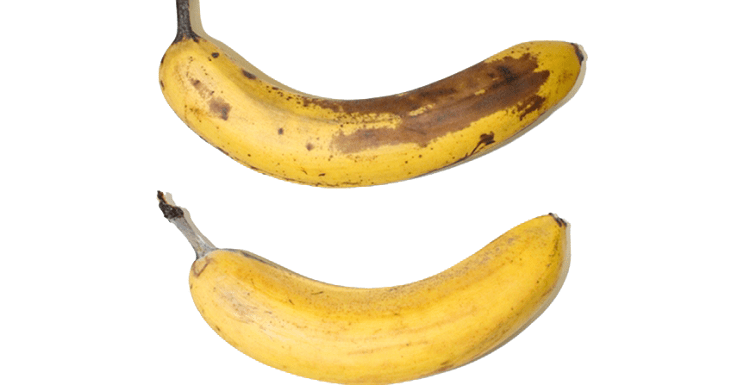Since January 2021, Lidl Switzerland and the Swiss Federal Laboratories for Materials Science and Technology (EMPA) have jointly announced the development of edible, naturally derived cellulose coatings that have proven in preliminary trials to extend the shelf life of fresh produce. Coated fruits and vegetables stayed fresh considerably longer. For example, in tests, the shelf life of bananas was extended by more than a week. In response, Corina Milz, Head of Corporate Social Responsibility and Sustainability at Lidl Switzerland, was interviewed to learn more about the innovation and its potential.

Cellulose coated Lidl & Empa
01 In January, Lidl and Empa announced a protective, edible cellulose coating for fresh produce. Can you tell us a little bit about this innovation?
A:Our new coating made from so-called pomace (grape and straw residues) will be used in all 160 Lidl Switzerland stores in the future. With this innovative project, packaging can be reduced and food waste avoided.
Q:I was wondering if you could give us an insight into the development process - how did Lidl and Empa develop this material?
A:We chose Empa as a partner because of their decades of research experience in cellulose products. At Empa's Cellulose and Wood Materials Laboratory, researchers spent more than a year developing a special protective cellulose coating for fruits and vegetables on our behalf. The results show that the coated fruits and vegetables retain their freshness for a significantly longer period of time. In the tests, the shelf life of bananas was extended by more than a week.
Q:How does this announcement fit with Lidl's overall sustainability strategy?
A:The issue of reducing plastics and packaging has been a concern for Lidl Switzerland for many years. We are firmly committed to reducing the use of plastic in packaging. Where possible and ecologically sound, packaging is omitted altogether. This is the case, for example, with our organic fruit that is marked using laser technology.
We are always looking for new ways to reduce packaging. Reducing food waste is also a core focus for Lidl Switzerland. We approached Empa to proactively find new solutions in this area. Soon after, the research project was launched jointly.
Q:Why are edible coatings considered as a potential solution to existing sustainability issues?
A:Plastic packaging in grocery stores prevents fruits and vegetables from spoiling, but it also creates a lot of waste. Packaging typically accounts for less than 5% of a product's environmental impact. If products are discarded more frequently due to lack of packaging, this is worse for the environment than packaged products and may extend the shelf life of products.
Together with Empa, Lidl Switzerland has developed a protective packaging for fruits and vegetables based on renewable raw materials.
Q:What attracted Lidl and do they have any advantages over existing materials/solutions?
A:The new protective packaging shall not use fresh vegetables, but only organic residues. In the future, fruit pomace will be used as a raw material will be processed into raw fibrillated cellulose. Raw fruit pomace is the solid residue left after the juice is extracted from fruits, vegetables or plants.
In the future, protective packaging for fresh fruit will be made from these residues, among others. According to the study, the coating can be sprayed on the fruit or dipped on the product, which can then be simply washed off. It can also be consumed without any problems as it is harmless to the consumer. The potential of cellulose coatings is far from exhausted: additives such as vitamins or antioxidants could be introduced.
Q:On the other hand, are there any disadvantages from a performance standpoint compared to the traditional alternatives?
A: The project is still in its infancy. A detailed analysis in terms of economic efficiency and sustainability is part of the project.
Q:What is the next step in this project and how will Lidl expand the use of these coatings?
A:This summer, the promising pre-trial, which has been running since 2019, was successfully completed and the main trial was launched.The cellulose film developed by Empa will be tested and further improved over the next two years with Lidl Switzerland and a fruit and vegetable supplier.
The project is funded by the Swiss Agency for the Promotion of Innovation (Innosuisse). As for our plans for the future: we have already applied for a patent for this technology. However, it is also in our interest to use the coating as widely as possible in order to protect the environment and reduce plastic and food waste.

